Trustee Missing Disclosures
Responsibilities
Independent Examiners are responsible for examining charity's financial statements and, among other things, checking whether the contents comply with all applicable requirements and identifying any material inconsistencies with the narrative information or figures in the trustees' annual report. An area often missed by preparers of trustees' annual reports and financial statements is the disclosures in respect of trustees.
Sections 1 to 6 below contain a summary of the trustee disclosures that apply to all charities registered in the UK (whether England and Wales, Scotland and/or Northern Ireland) subject to an independent examination, except where otherwise stated. The sources of the requirements are shown in Table 1 below.
Trustees' annual reports
1 - Names of trustees
General rule: Show the names of all persons who were charity trustees at any time during the financial year or were trustees at the date the trustees approved the trustees' annual report. If any such trustees were body corporates, also show the names of all persons who were directors of such body corporates at the applicable times.
Exceptions to general rule for charities other than charitable companies: See Notes 1A and 1B in Table 1 below.
Good practice: Show the name (first name and family name) of each person who was a trustee (or a corporate trustee director) at any time in the period that begins on the first day of the financial year and ends on the date the trustees approved the trustees' annual report for that financial year. For any person who was not a trustee (or a corporate trustee director) for the whole of that period, show their date of appointment and/or date of retirement (as applicable). Details of any office held (Chair, Secretary, Treasurer, etc) may be shown after the charity trustee's name.
2 - Appointing new trustees
General rule: Show the name of any person or body of persons (parent body, local authority, etc) entitled by charity's constitution to appoint one or more new charity trustees, and a description of the method provided by the constitution for such appointment.
Good practice: If no person or body of persons has any entitlement to appoint new charity trustees, the trustees' annual report does not need to state this. If it is silent on this subject, the Independent Examiner should review the charity's constitution and advise the trustees if there any appointment entitlements that should be reported.
Additional rule for trustees' reports prepared in accordance with Charities SORP: Show details of the methods used to recruit and appoint new charity trustees, including details of any constitutional provisions for appointment - for example, election to post.
3 - Induction and training of charity trustees
Rule for trustees' reports prepared by larger charities (annual gross income over £500,000) in accordance with Charities SORP: Explain the policies and procedures for the induction and training of trustees
NOTES TO THE FINANCIAL STATEMENTS
4 - Trustees' remuneration and benefits
Rule for notes to financial statements prepared on an accruals basis: Disclose that either:
• none of the trustees was paid any remuneration or received any other benefits from an employment with their charity or a related entity; or
• one or more of the trustees were paid remuneration or received other benefits from an employment with their charity or a related entity. Paragraphs 9.7 and 9.8 of the Charities SORP (see column 9 in Table 1 below) specify the information that should be disclosed. No trustee may be paid remuneration by, or receive employment benefits from, their charity unless there is authority to do so, whether in the charity's constitution (as approved by the charity's regulator) or by a Court Order.
'Good practice' note to the financial statements (if no remuneration or other benefits): "Neither trustees nor any persons connected with them received any remuneration or other benefits from [the charity] [the charity or any related entity] for either year."
5 - Trustees' expenses
Rule for notes to financial statements prepared on an accruals basis: Disclose either:
• that no trustee expenses were incurred; or
• that one or more of the trustees claimed expenses or had their expenses met by the charity. Paragraphs 9.11 and 9.12 of the Charities SORP (see column 9 in Table 1 below) specify the information that should be disclosed.
'Good practice' note to the financial statements (if no trustee expenses): "None of the trustees claimed expenses or had their expenses met by [the charity] in either year."
6 - Related party transactions: Disclose either:
• that there were no related party transactions that require disclosure; or
• that one or more of the trustees claimed expenses or had their expenses met by the charity. Paragraphs 9.20 to 9.22 of the Charities SORP (see column 9 in Table 1 below) specify the information that should be disclosed.
'Good practice' note to the financial statements (if no related party transactions): "There were no related party transactions in either year that require disclosure."
